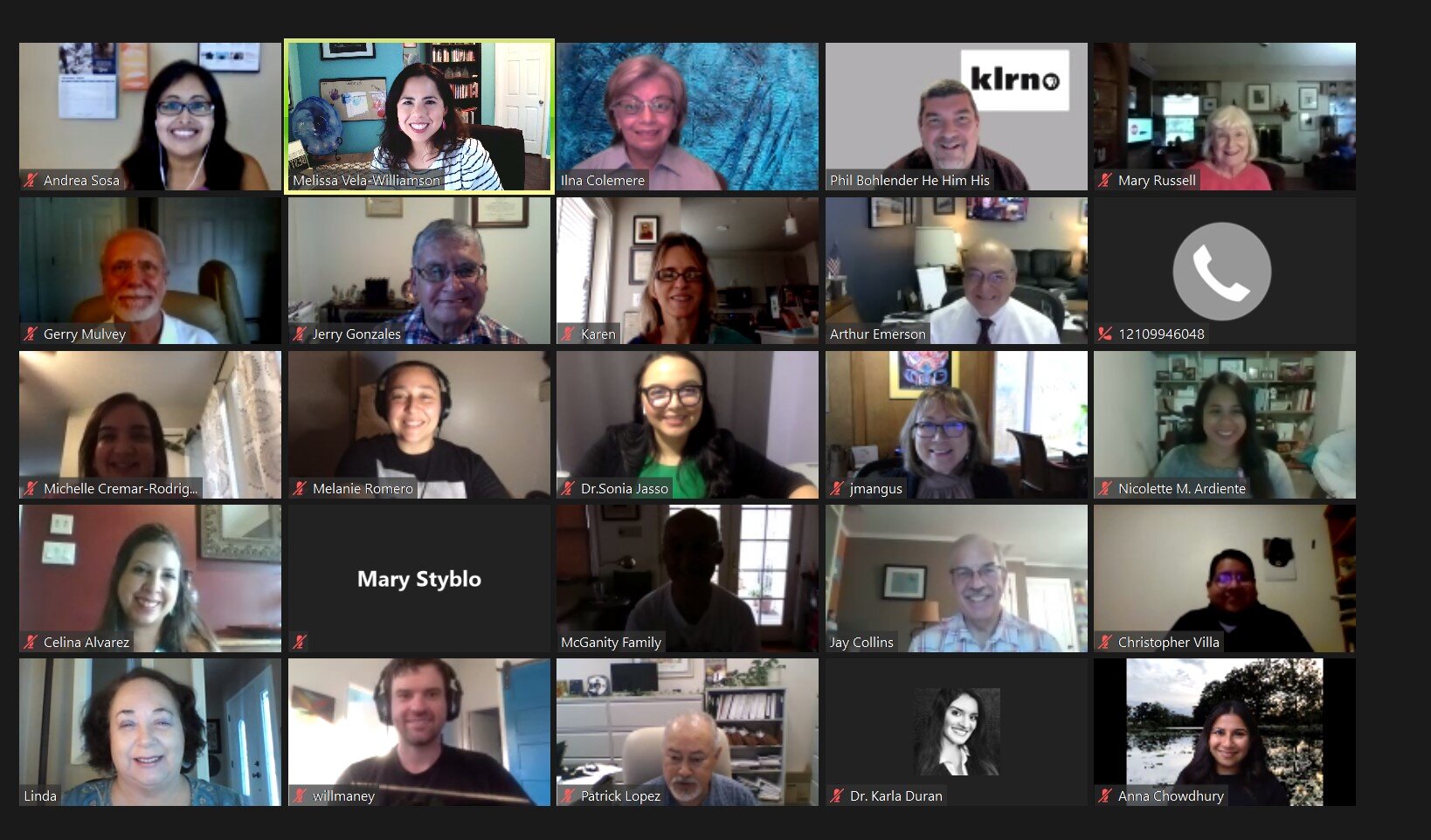Four Steps for Practicing Social Responsibility
If you are unfamiliar with Corporate Social Responsibility or CSR, you may not realize you are taking part in it when you participate in your organization's United Way campaign, recycle items in the office, or donate in a company’s food drive.




These are all examples of CSR, but lately Social Responsibility has been getting increased focus due to political and social movements. The University of Texas McCombs School of Business defines CSR as the “need for businesses to be good corporate citizens. CSR involves going beyond the law’s requirements in protecting the environment and contributing to social welfare. It is widely accepted as an obligation of modern business.”
Let’s be clear. You don’t have to be a part of a corporation to be socially responsible. To me, social responsibility is the effort an organization or individual makes to benefit their community or larger society through their work.
No matter how you define it, most definitions include taking into account:
Ethics
Trust
Responsibility
Service
Societal Impact
Socially responsible professionals often act as a moral guide for the betterment of others. But how can we get started with these principles?
1. Assess Your Position
First, consider your organization’s mission, vision and how it brands itself.
Are you able to raise awareness around an issue that the organization has a proven track record of supporting? Has your organization shown a pattern of taking responsibility for missteps? Does your leadership positively encourage change...starting from within? Jumping into action to solve societal problems isn’t wise if it isn’t authentic or you can’t really help.
2. Ask Tough Questions
Listening is the best starting point for assessing a situation or issue. If you are tackling diversity and inclusion, talk with employees from different backgrounds and ask for advice and constructive feedback. They would have the best viewpoint to help you understand what social responsibility principles at your organization may need fixing. Companies can hire professional help, but always work with your employees first to give them a chance to include their thoughts and talents in the process. The last thing you want is to make existing employees feel excluded.
3. Collaborate Together Strategically
CSR or social responsibility practices are a commitment to go beyond what’s mandatory for a business to operate -- so it’s definitely not an overnight process. Working through ethical, economic or legal responsibilities and ideals may take hosting regular meetings or listening tours with your staff to structure an effective CSR program.
For example, before you tell the public how “diverse” you are, that reality needs to be a part of your culture and proven from within. Your employees are your biggest brand ambassadors so if your diversity and inclusion efforts are only at surface level any external messaging will be hollow.
CSR should not be left up to just one department or person in an organization. I’ve seen how even the smallest of organizations tend to work in silos without considering other areas of their company. That’s a recipe for blind spots and uneven program execution or support. If the left hand is not coordinating with the right hand, they don’t work well together.
Ideally, a good CSR plan should come from (or at least championed by) top leadership and shared down through other departments.
4. Be Thoughtful and Planful
Remember what is helpful to society will change with time. Always consider SR principles, but then apply them against what matters most now.
What we worried about pre-COVID may have been swept aside. Don’t jump on any social media train that rolls by. Instead, think through what actions you can take and what messaging you can share that will withstand shifts in public sentiment and are sustainable.
Before 2020, many companies shied away from sensitive topics. Now, employees are looking for organizations that are socially responsible and support efforts that benefit the environment, health, social justice, politics, gender equality, and more. Companies should assess what really matters to them and either commit to that space or don’t step into it. We have seen too many insensitive social posts from institutions or their leaders missing the mark.
Planning ahead whenever you can and understanding what your stances are will be critical in the world of social and digital media. Hopefully, there’s someone in the organization that has a SR background or follows those principles. If not, consider hiring a PR pro who’s experienced at helping organizations in this area.
It’s not flashy work, but social responsibility does right by the community and promotes the long-term success of an organization. What's a better way to build for the future?
